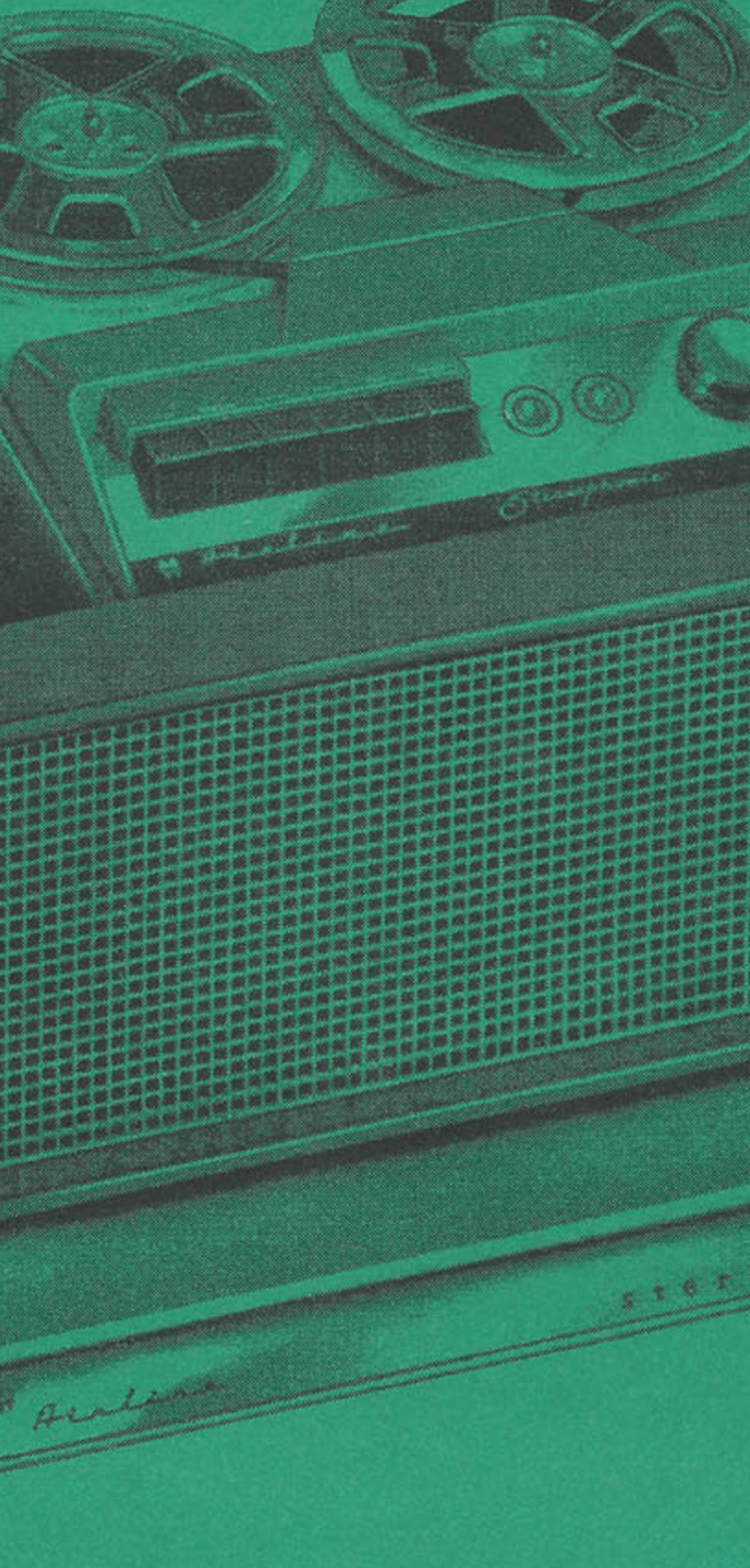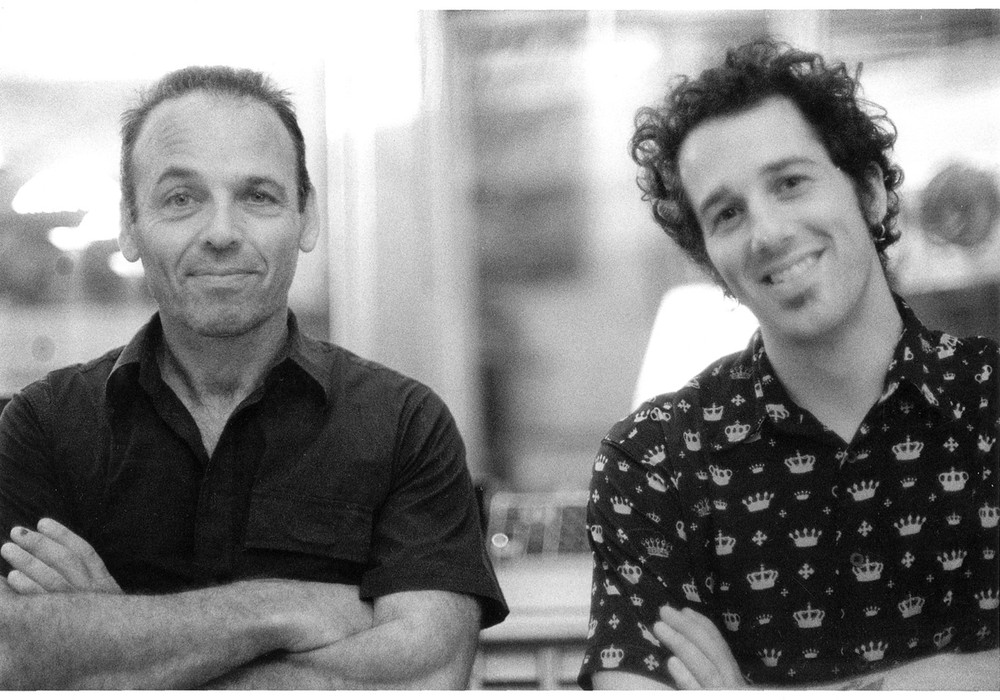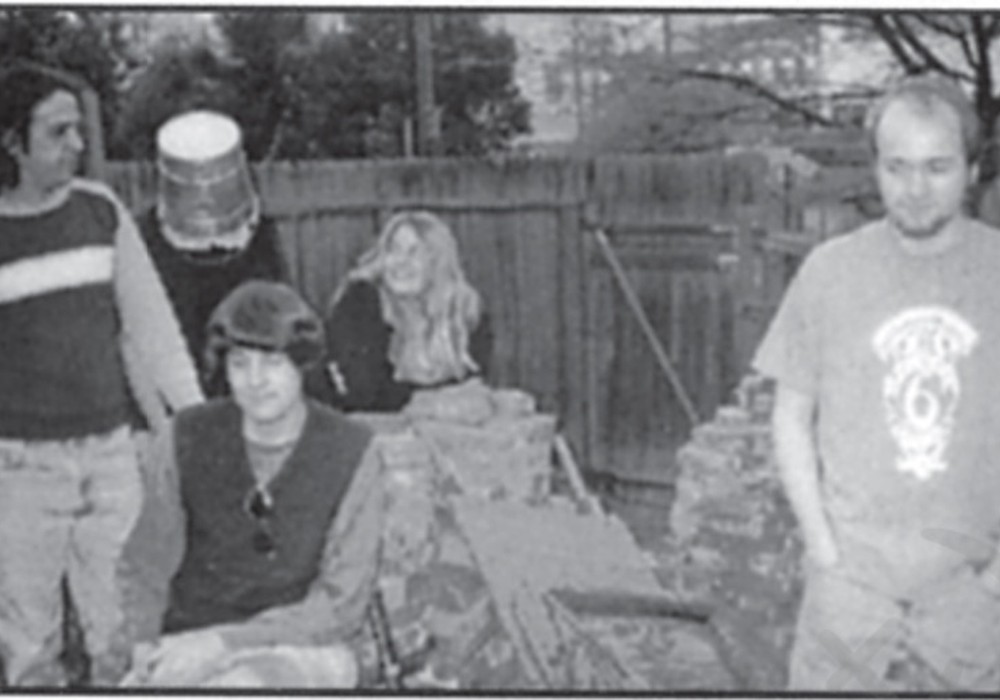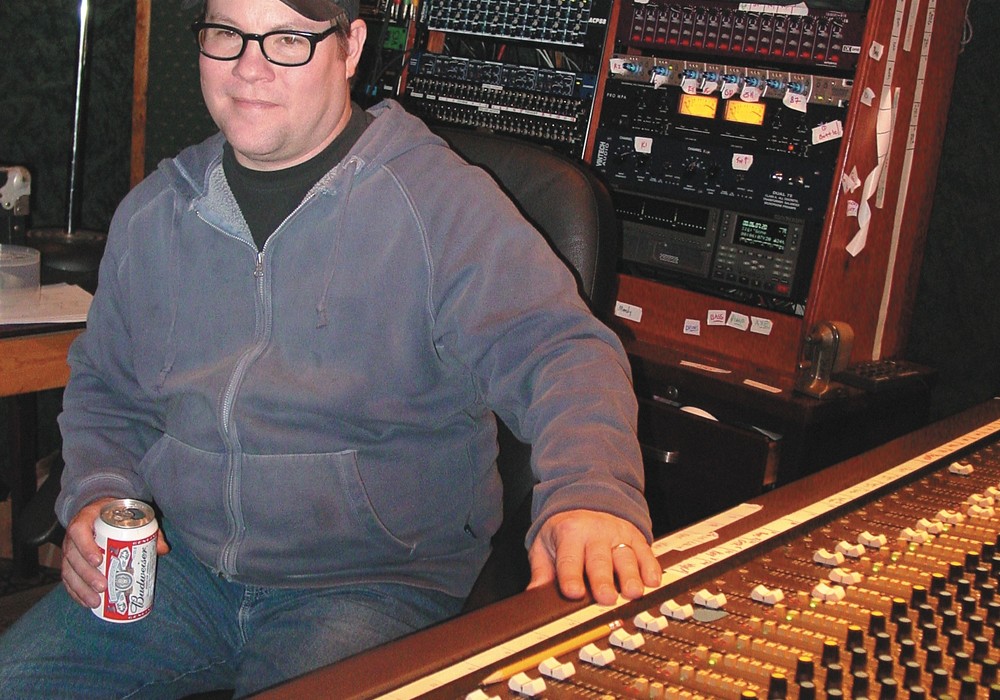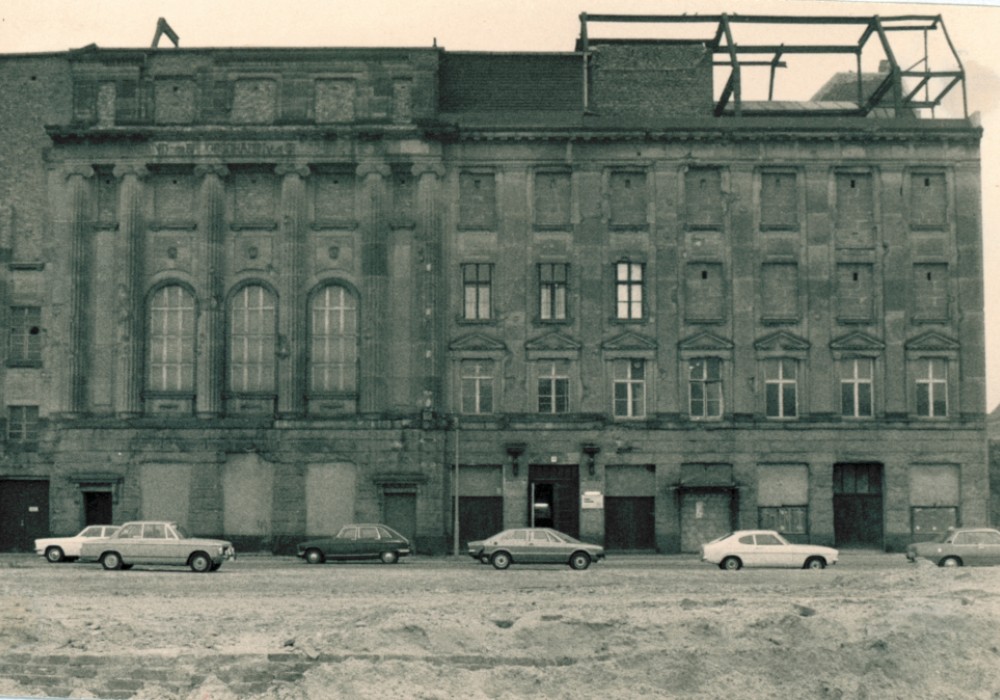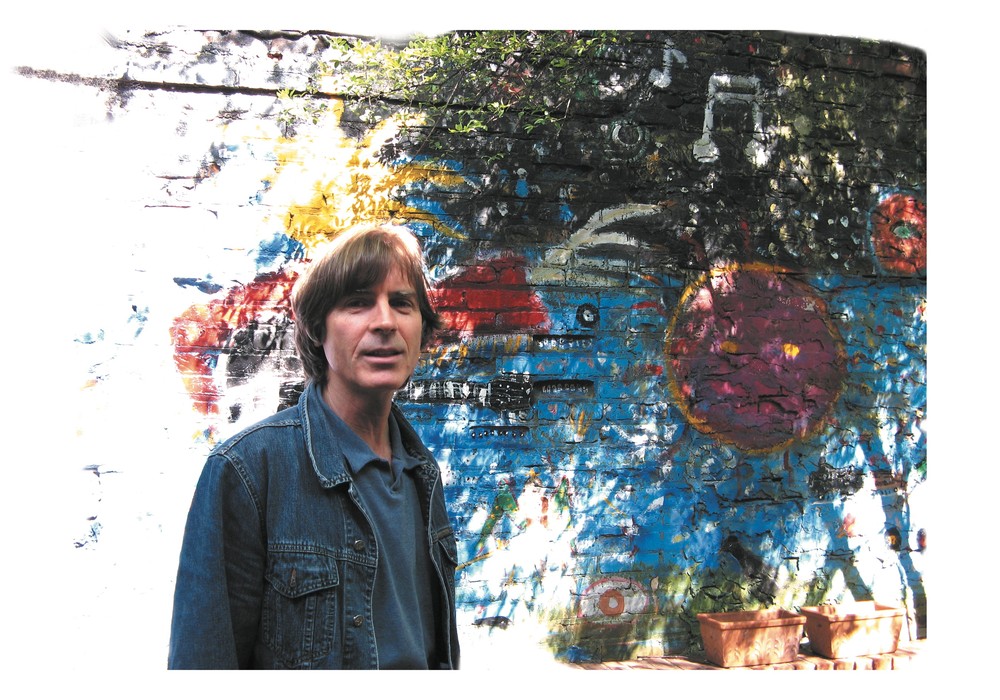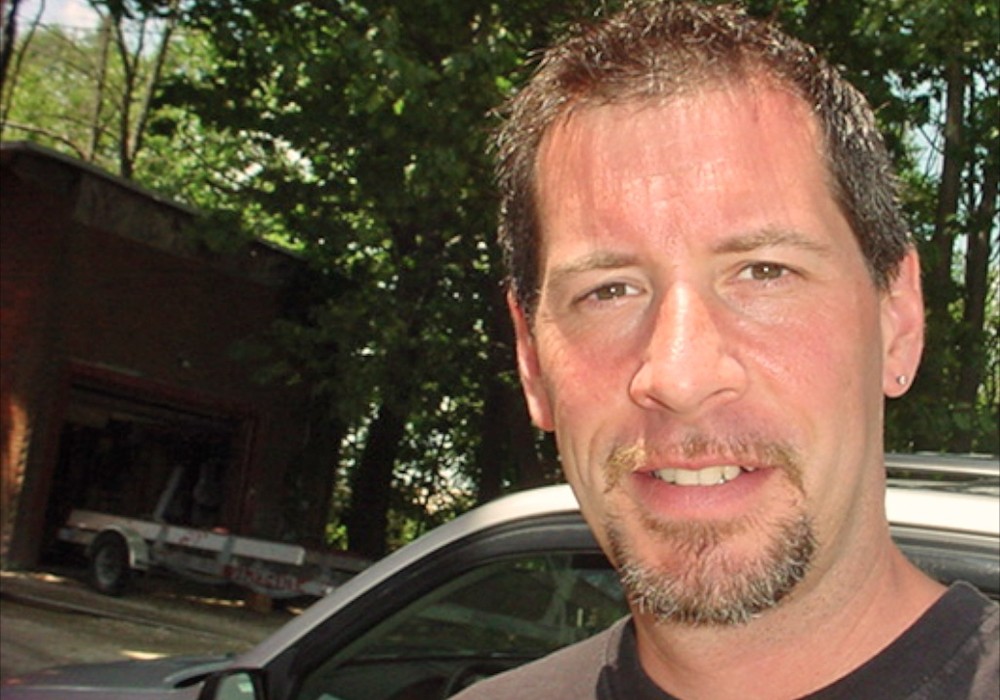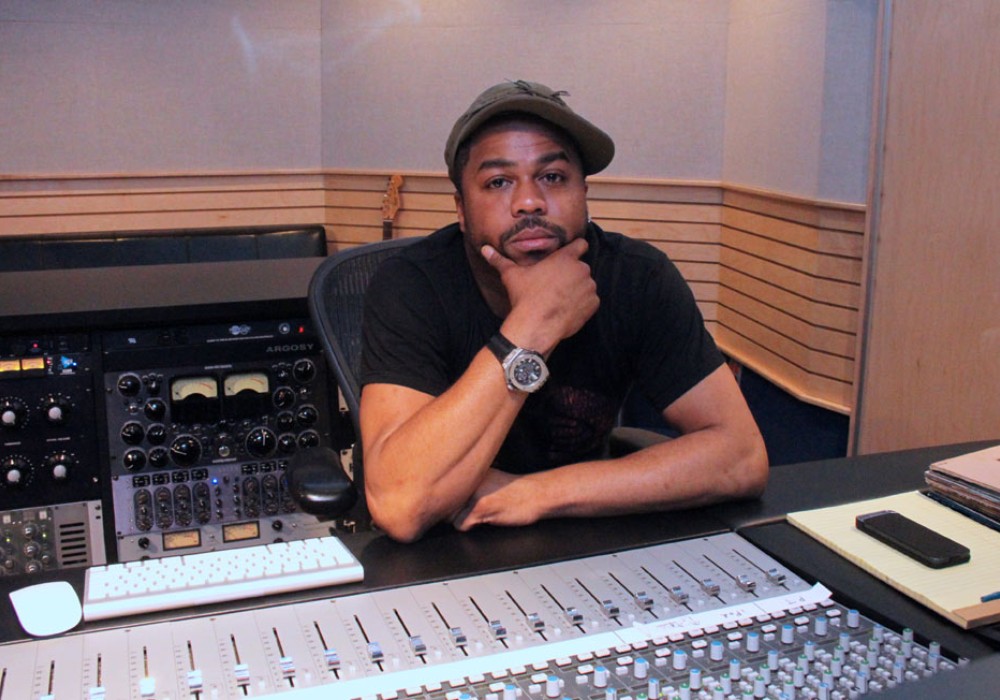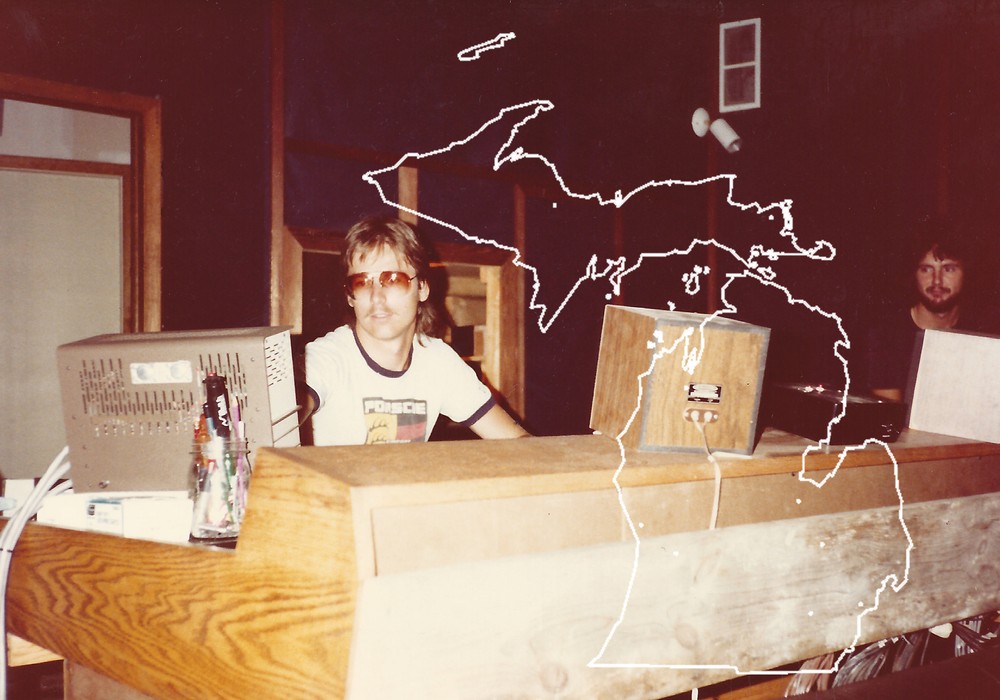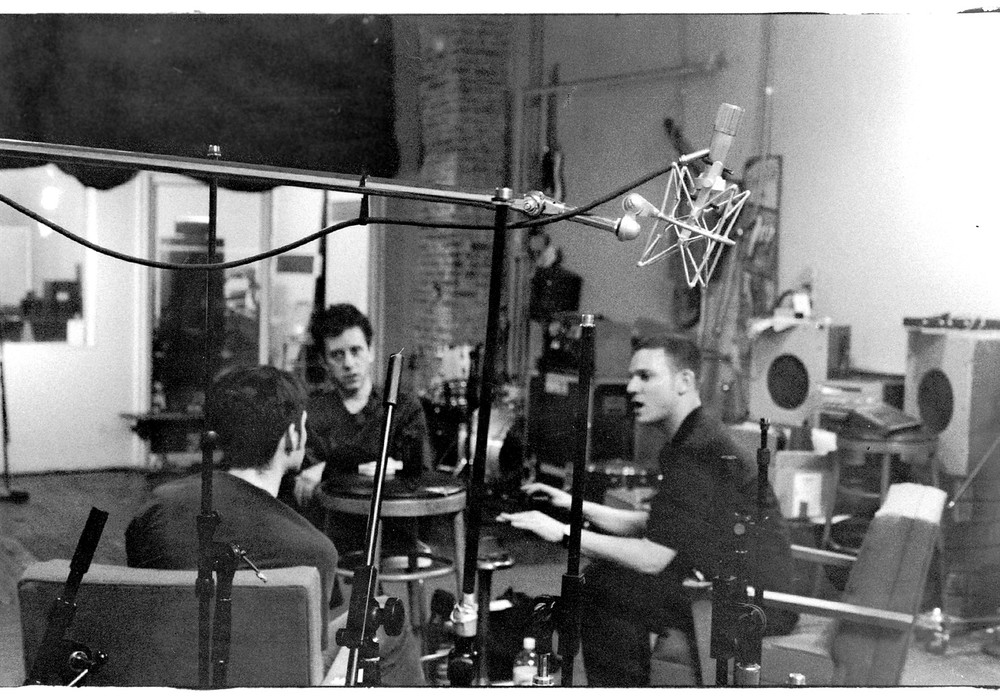Rob and Tom have been recording records together for 10 years or so. Some of them, like Beck's Mellow Gold or the Foo Fighters debut (which they mixed) have done very well. Others, like Elliott Smith's Either/Or (which they partially tracked and mixed) and Mary Lou Lord's new one are critical successes and stepping stones to bigger careers. All these records work because Rob and Tom do a great job, focussing on the songs, the overall album and bringing out the most of what's there while making something that is a treat to listen to. I got a chance to spend a week with them in Los Angeles while they were working on Elliott Smith's fourth solo record (which will be out on Dreamworks in August). They were fun to be around and took me under their wing, giving me a lot of advice on how I should consider my "career" in recording, avoiding studio owner burnout, and tons of great recording tips, concepts and techniques. It was also refreshing to see how they worked together in the studio and how much importance they placed on the song and the performance/feel thereof. It was a blast to observe, and I even felt a part of the whole process at points when we'd toss album order ideas around and such. Anyway, after getting a kick out of the copies of Tape Op I brought down, they agreed to sit down for an interview. Thanks to Elliott Smith for bringing me to LA for the week and letting me sit in on the making of his record...
How did you guys end up working together?
T: I was working at a car wash..
R: And I had to get my Mercedes cleaned.
T: And I was wiping it down and putting the fake ArmorAll on the tires and I thought, "Man, I gotta get me one of these cars." So I asked Rob how he got the car.
R: So I told him, "It's from doing publishing deals with artists and taking all their money."
T: And I said, "Wow. That doesn't seem right. Yet you have this very big car."
R: And I said, "Thatís what makes it right."
T: The end always justifies the debauchery.
Uhhhhhh...
R: Any other questions? No, we met at the Record Plant [long-time LA studio]. We were both working there.
T: 1988
R: And we were both runners, broom pushers and it was pointless and stupid.
T: When Robin Crosby from Ratt would throw up I'd have to clean it up.
Cool.
T: That was my job. That was at the first studio I worked at, Cherokee, just months before I met Rob. Robin would come in and say, "Tom, I got sick in the bathroom." It was really, kinda nice of him.
Did you guys have recording school backgrounds?
T: No. I took one course at Humboldt State University. The closest they had was an audio for film so it was taught by film people who are inherently, masterfully knowledgeable of all recording techniques. That, of course, confused the hell out of me. I spent the whole quarter trying to figure out what a buss was.
R: Other than what you take to college.
T: Yeah, I didn't know what a buss was...
R: I was working in a studio in D.C. and I had went to a college that had a studio there but basically they taught you physics and electronics. The studio kinda sucked. I got in there, and that's the last three years of college... that's what I did. I blew a lot of stuff off.
And recorded?
R: Yeah. Just make bad recordings as often as I could.
T: That's why I took that course in film. To get into the studio.
R: You gotta make the bad ones before you make the good ones. Just like you gotta write the bad songs before you write the good ones. Sometimes you have to revisit the bad.
So you were working shit jobs at Record Plant....
T: That's where we met and I was doing this project at this studio I'd worked at before. I'd found this band through my girlfriend, and they had a lot of money, so I went to this studio that I used to work at and we made this tape. Rob heard the tape and said, "Oh, that's cool." And then we just skipped to producing together. That started on Christmas day, 1988. We've been working ever since.
Have either of you done projects on your own since then?
T: Projects we're pretty much all together. We both record stuff at home all the time. Sometimes we collaborate with other people as well as ourselves. Whether they be artists or bands or other producers or engineers. There's lots of great people out there to work with.
When I watch you work in the studio I'm trying to figure out who delegates what. It switches back and forth.
T: As the Dust Brothers say... We like to use nonverbal communication in the studio. That evolves.
It seems like sometimes you can work faster. Youíve got the setup in the back here with the digital editing.
T: That happens a lot through every project we do... splitting off into two rooms. Sometimes when itís a traditional band setup with a tracking scenario weíve set up another 24 track deck in a closet or a storage area and one guy will keep tracking and the other guy will be cutting the tape to pieces.
R: Or it can even be that one person keeps recording while the other is attending to the psychological warfare aspect.
T: Or one person's on the phone getting the string section together. When you're making a record...
